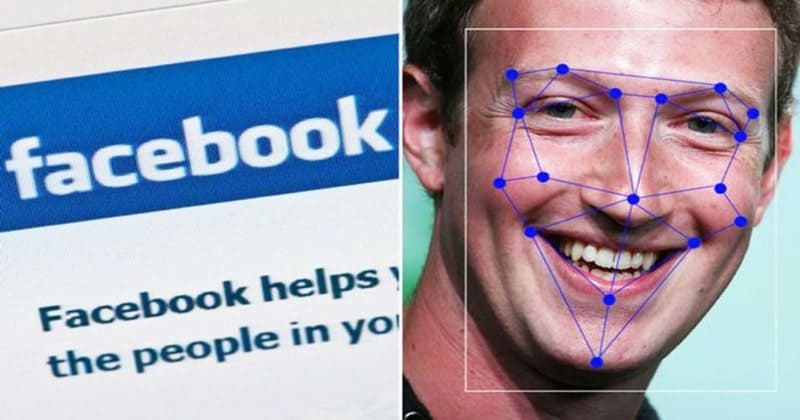For Facebook, problems are never-ending. After privacy issues and Zuckerberg being aggressively questioned by Congressmen in the House, Facebook is in another crisis right now. The Illinois Biometric Privacy Security Act confirms that Facebook committed perjury on accounts of storing sensitive information for “unknown means.”
However, Facebook continually maintains that the biometric facial recognition data was only meant for tag suggestions and nothing else. However, looking at the pattern in which Facebook’s name keeps cropping up in Privacy breaches across the year raises significant concerns.

This unfair practice of saving facial recognition data without due authorization is a criminal offence, and now Facebook has to settle for a $550 Million fine to keep their social networking site afloat. However, looking at the profits the company generates through it’s acquired companies as well as it’s a primary social site, the sum is not enough for Facebook Inc. to worry much.
Pursuing A Settlement Is The Best Option Currently: Facebook Officials
A Facebook official revealed to the press that the company decided to let the matter slide by with a financial adjustment against the lawsuit. Pursuing this could have led the company into a muddle that they did not want to step in.
Geotagging, Locations, and Facial recognitions are primary data that needs to stay preserved so that users’ rights are not violated at any costs. However, the recent measures by Facebook, Instagram, Whatsapp, or even Tinder raises concerns on privacy policies, and the security users are promised over time.
A newer concern is the repeated interference of national governments into these social networking sites and urging the companies to share sensitive information with them. Some companies agree to do the same under the table, putting privacy at significant risk. The companies who do not agree to the same are either slapped with sanctions or subjected to bans or restrictions.



